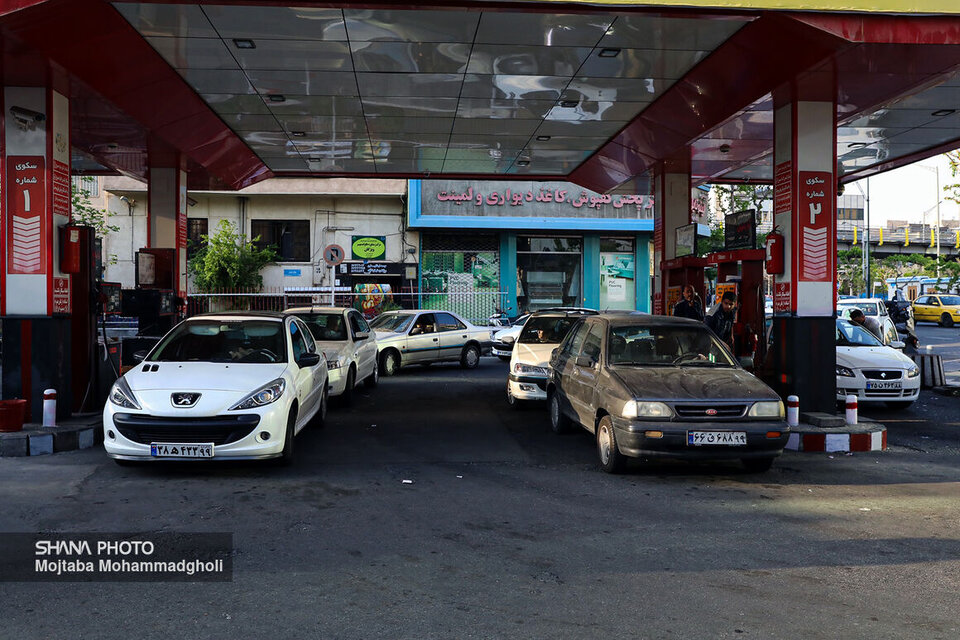Gasoline consumption rose significantly during the said holiday due to increased intercity travel.
Daily figures were reported as follows:
- June 2: 131.6 million liters
- June 3: 143.5 million liters
- June 4: 138.8 million liters
- June 5: 138.8 million liters
- June 6: 119.6 million liters
- June 7: 129.1 million liters
The highest consumption occurred on June 3, reaching 143.5 million liters. In total, 801.4 million liters were consumed over the six-day period, averaging 133.5 million liters per day.
This compares to the average daily consumption of 134.5 million liters during the 21-day Nowruz holiday (March 15 to April 4), indicating similarly high demand during the mid-Khordad holidays (early June).
Despite high domestic production, gasoline and fuel shortages remain a major challenge. Iran’s energy intensity is twice the global average, and rising fuel consumption is attributed to:
- A 20% higher fuel use in domestic vehicles compared to international standards
- Traffic congestion
- Underdeveloped public transportation
- Fuel smuggling
Annual gasoline consumption has grown by an average of 5% since 1979 to two years ago, with a 10% increase over the past four years. Projections suggest daily consumption could reach 170 million liters by 2028 if this trend continues.
Outdated automotive technology exacerbates energy imbalances. Experts note that many locally produced vehicles fail to meet global standards, consuming far more gasoline than those in developed countries. Additionally, aging vehicles and fuel smuggling further drive up consumption.
Iran’s per capita gasoline consumption is currently 4 liters per day, exceeding the global average of 3 liters. If current trends persist, gasoline shortages could cost the country over $16 billion annually by 2028.


Your Comment